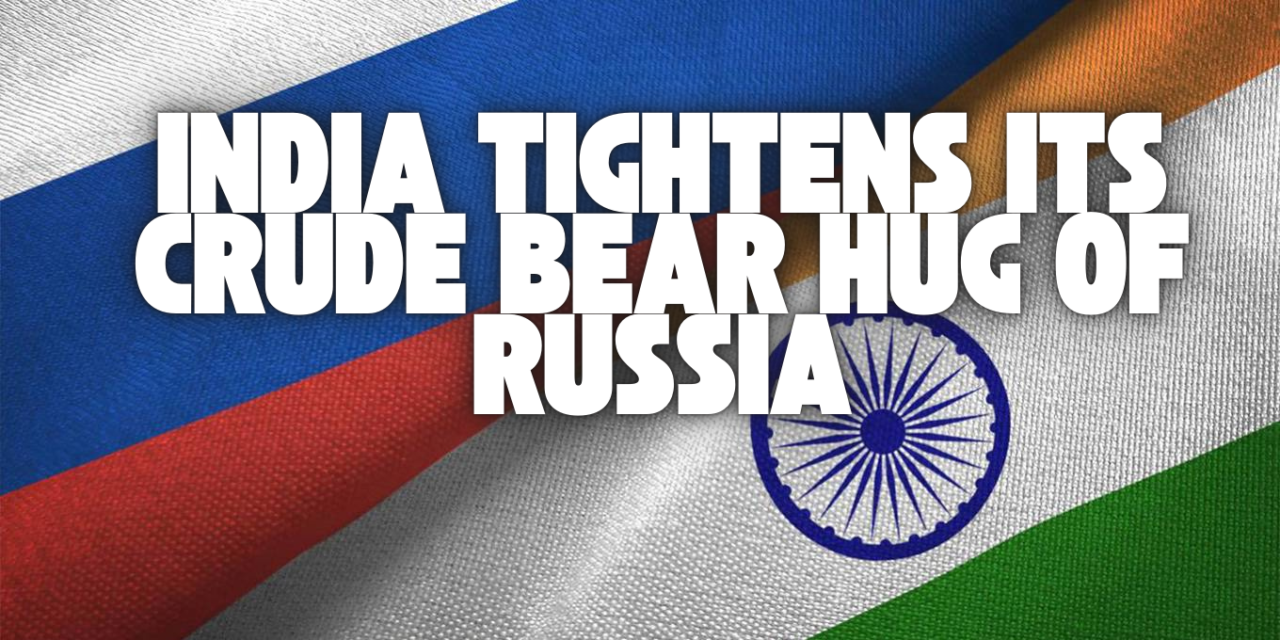India has significantly increased its imports of Russian crude oil, strengthening energy ties between the two nations. A landmark 10-year agreement between Rosneft and Reliance Industries, valued at approximately $13 billion annually, exemplifies this deepening relationship. This deal, the largest energy transaction between India and Russia, involves the supply of 500,000 barrels per day of crude oil to Reliance’s Jamnagar refinery, the world’s largest refining hub.
This strategic partnership offers mutual benefits: Russia secures a stable market for its oil amidst Western sanctions, while India gains access to discounted crude, aiding in energy cost management. Notably, Russian oil now constitutes over 35% of India’s total crude imports, a substantial increase from less than 1% prior to the Ukraine conflict.
However, recent data indicates a 55% drop in India’s imports of Russian crude oil in November 2024, marking the lowest level since June 2022. Despite this decline, Russia remains India’s largest oil supplier, followed by Iraq and Saudi Arabia.
This evolving energy partnership underscores India’s pragmatic approach to securing energy resources, balancing geopolitical considerations with economic imperatives. While the long-term implications of this deepening relationship are yet to fully unfold, the current trajectory highlights a significant shift in global energy alliances.

















